August is typically one of the hottest months of the year. Not only does this mean that the weather is perfect to get out into the garden to do some chores, but it also means that there is a large list of jobs that need completing to keep your garden in order.
Before looking forward to your august gardening jobs complete, you should first make sure that your July gardening jobs have been completed.
1 – Keep Plants Hydrated In Hot Weather
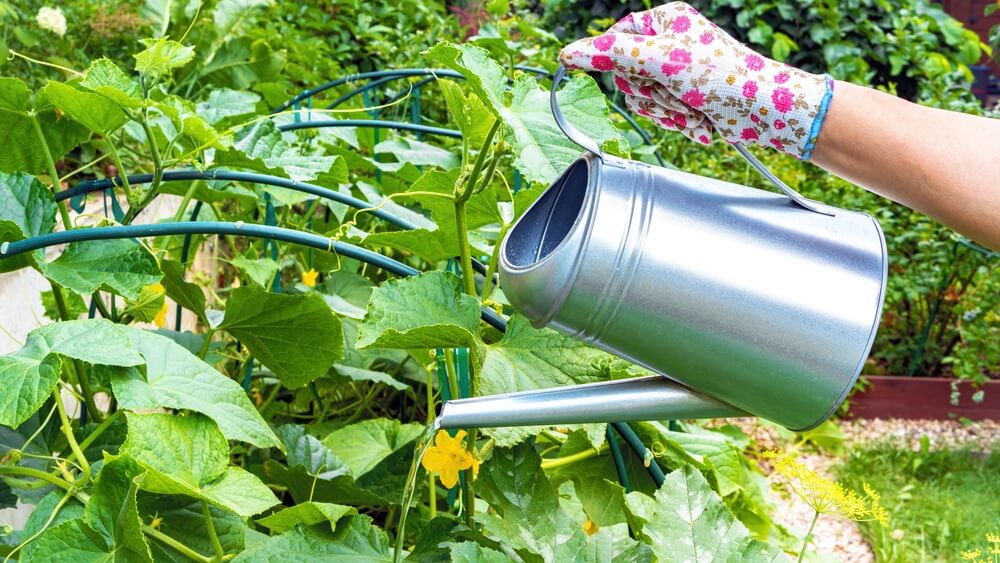
In the UK the month of August can be very hot and very humid. For this reason, plants are far more frequently dehydrated. This can be catastrophic to the plant as it needs moisture to help transport the nutrients from the soil to the plant in order to keep it alive and healthy.
Watering your August plants regularly is vital and will keep them looking their best at all times throughout the month. However, you should be cautious that you do not overwater your plants as this can be just as harmful as not watering them at all. In the hotter months of the year, you should be watering your plants 2-3 times a week and also in the evening. This is because the weather has had time to cool down. This reduces the amount of water that evaporates from the surface of the soil.
2 – Shade Delicate Plants From The Sun
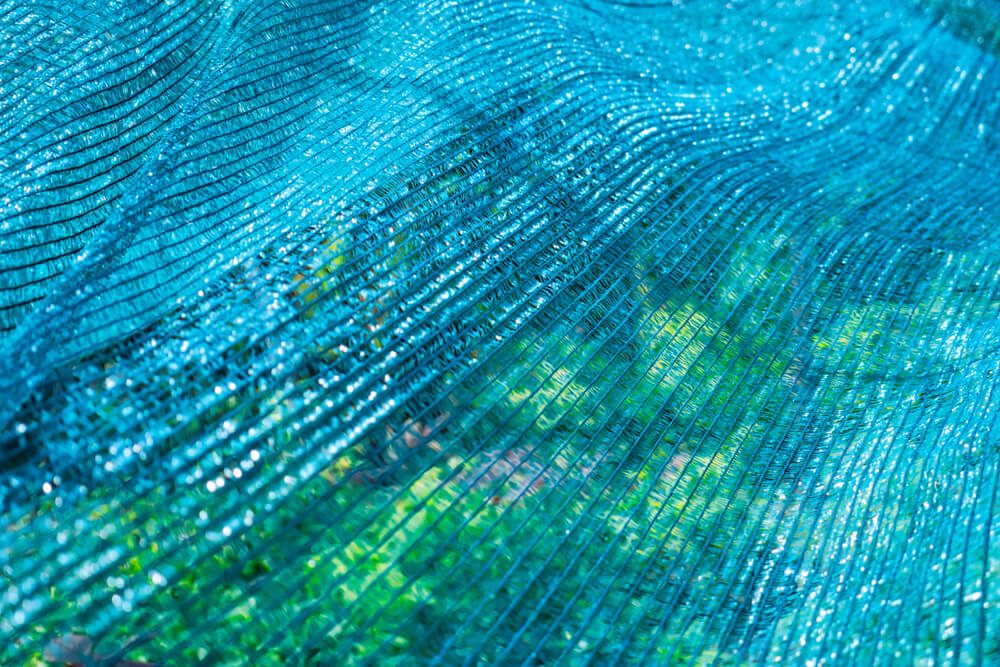
August is one of the hottest months of the year in the UK and we can often go through multiple heatwaves where temperatures can soar upwards of 30°C. In such spells of hot weather, it is super important to shade delicate plants as the heat can have a hugely negative effect on their health of them.
There are numerous ways that you can shade your plants from the hot august sun. One of the most effective ways is using a greenhouse. However, not everyone has access to a greenhouse and not all delicate plants can be easily transported into one. A more universal approach to shading plants is by using shade cloth.
There are multiple kinds of shade cloth, all of which let in different percentages of sunlight. The more delicate the plant, the less sunlight that you should allow to come through the cloth.
3 – Tackle Problematic Lawn Weeds
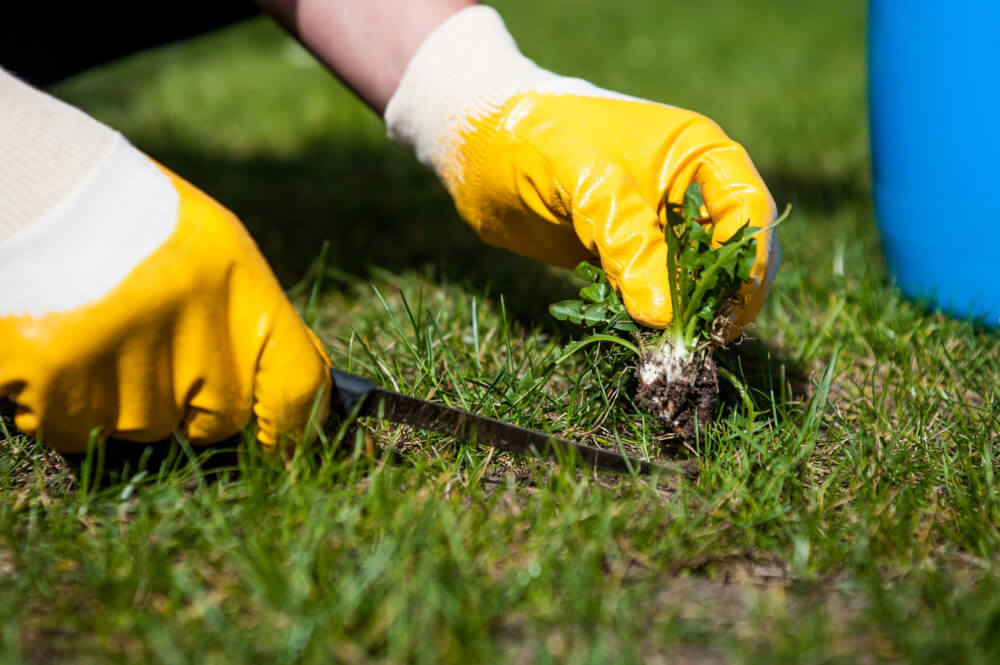
Your lawn is typically the focal point of your outdoor area, especially in the glorious august sun. For this reason, it is important to keep on top of your lawn’s maintenance and keep it looking healthy.
Deweeding your lawn is something that you should always do whenever a weed grows. Weeds that are left for too long can actually start to spread their seed which then stimulates the growth of even more weeds. Weeds are actually incredibly harmful to your lawn as they compete with the grass plants for vital nutrients that are found within the soil.
The best and most cost-effective way of de-weeding your lawn is to simply pull them out yourself, by hand. You must make sure that the roots are completely out to try and prevent further growth. If weeds then grow back, you should take more serious action and preventive measures.
4 – Keep On Top Of Deadheading Border Plants
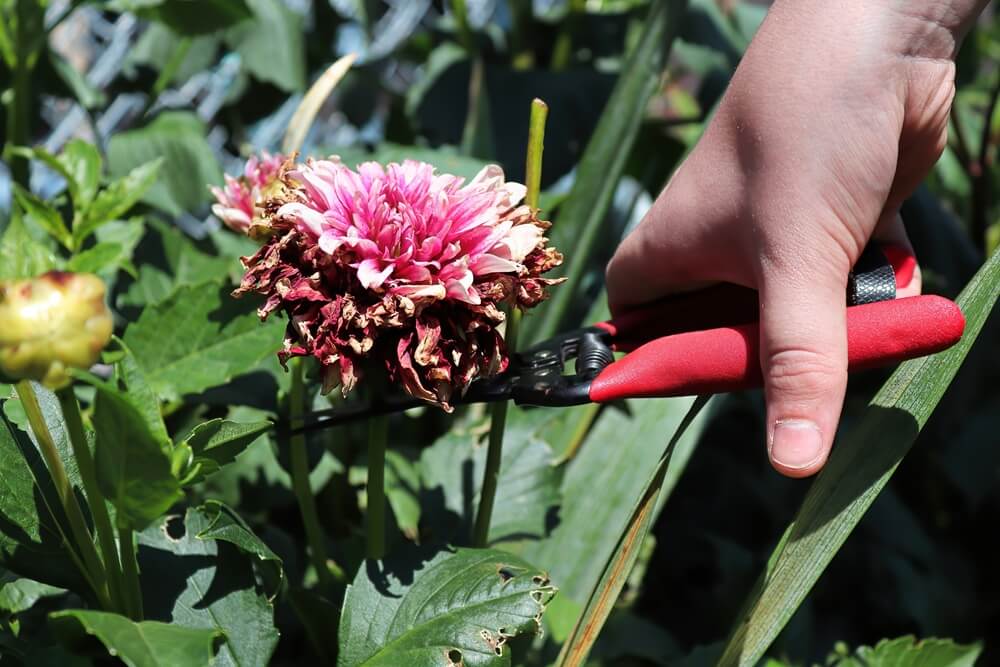
With the month of August hopefully full of glorious weather and spending lots of time with friends in your outdoor areas, keeping it well maintained and exactly how you intend is extremely important.
Deadheading is incredibly simple, it is the process of removing flowers from plants that are either dead or fading. Not only does it keep the plants looking their best but it also helps them to promote new growth. This is because all the energy, strength and nutrients that would go into producing more seeds would then go into the growth of new flowers.
The best time to begin deadheading is as soon as they begin to look dull and scruffy. It is good practice to get rid of these dead flowers as soon as possible, however, a slight delay will not be catastrophic.
5 – Remove Suckers From Roses Or Tree Base
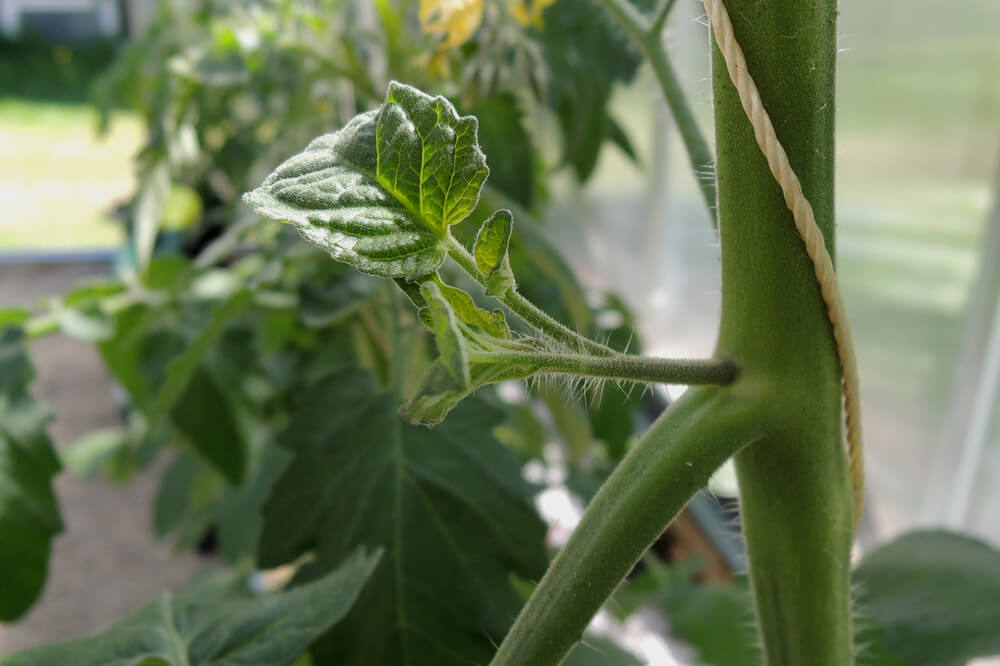
Suckers are frequently found in the summer months and can be very dangerous. They are growths that appear on trees from the roots. They can be found on a huge range of different plants, and are especially found in the summer months on roses and tree bases. They often appear after damage to the plant’s roots occurs. With roses, the suckers steal vital nutrients away from the plant which results in weakening it, so they need to be removed as soon as possible.
Removing suckers from your plants can be a very tedious process. It is extremely important to remove the suckers as close as possible to the point of origin on the roots. To ensure that the majority of basal buds are removed you should look to tear as opposed to cutting. This is done to reduce the chance of regrowth.
6 – Prop Up Any Floppy Border Plants
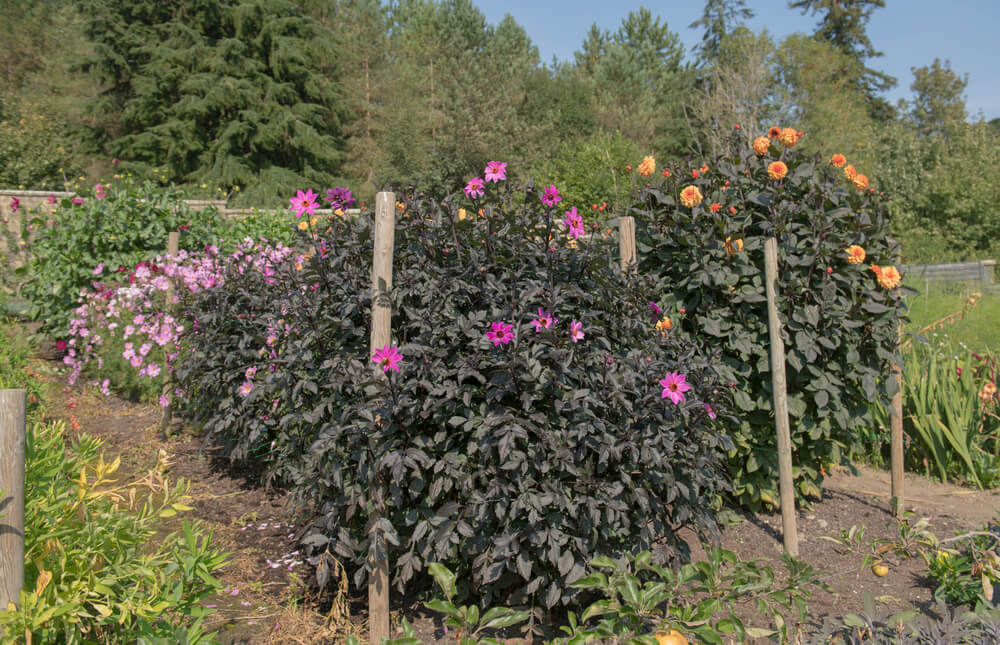
Plants that are flopping around are not only an eye saw in your garden but they are also at greater risk of developing diseases. Plants that are flopping on the ground are exposed to far more diseases than plants that are upright. This is why it is incredibly important to prop these plants up by staking them.
Staking these floppy plants upright has so many benefits to your garden. As stated previously floppy plants can be vulnerable to diseases, therefore, propping them up can help to keep away from harmful diseases. It also helps to protect vulnerable plants in the event of strong winds or rain to avoid disaster.
In addition to this, propping up plants will help to save space to allow you to plant more throughout your garden. It also gives them a much better chance of survival as they can reach sunlight far easier.
7 – Go On Regular Snail Hunts
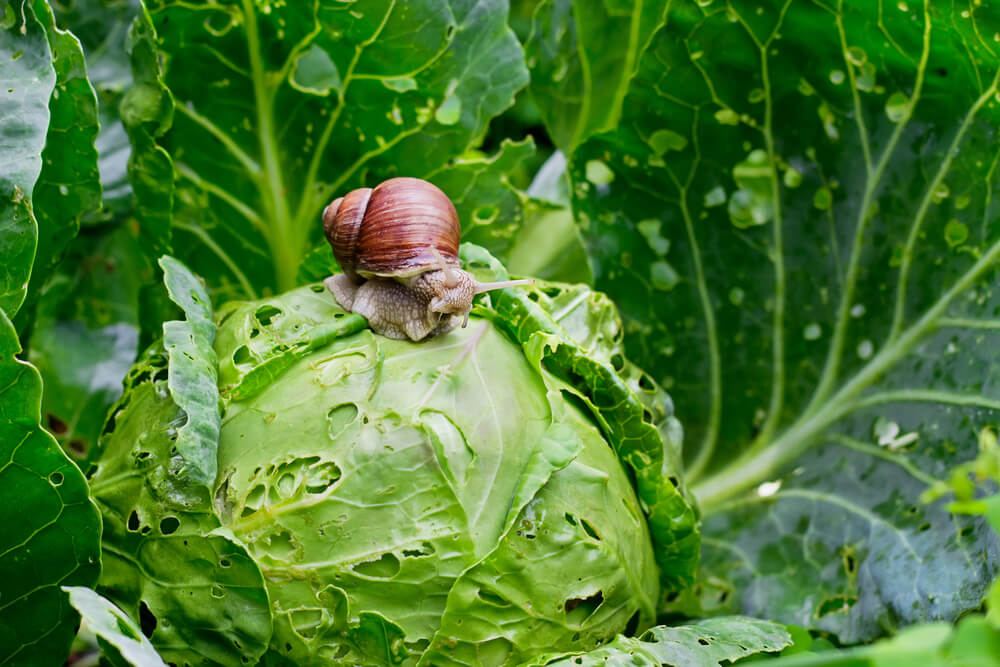
In the evenings it is super important to go throughout your garden to look for snails that may have infested plants. These snails can have detrimental effects on plants as they feed on seedings, new shoots and plant crowns. They often target younger, more vulnerable plants where the damage that they cause has a greater effect.
There are multiple signs to look out for that are warnings of snail infestation. These main signs are plants that are riddled with holes, slimy trails of mucus, yellowed leaves and a whole lot more than you should be vigilant too.
There are many remedies that you can use to try to get rid of these garden pests. You can introduce traps into your garden, lay down grit, create barriers to your plants and also use beneficial garden pests to help to eradicate the nuisances.
8 – Clear Weeds From Cracks In Paving
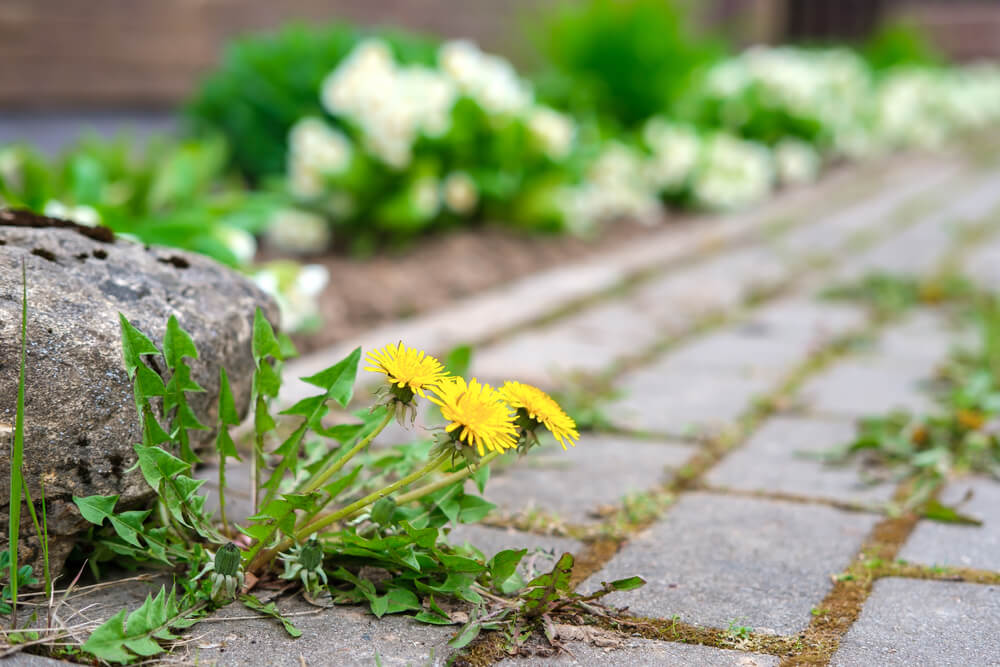
Weeds are a nuisance all around your garden, not just to your lawns and flower beds. They can often also be found between paving stones. Just like anywhere else in your garden, if they are not dealt with promptly then they can multiply and become even more of a problem. A garden paving is a beautiful addition that helps to neaten up the garden area, so keeping it looking tidy is hugely important.
Getting rid of paving weeds is simple, you can pull them out yourself, this is both effective and cheap. Another way of getting rid of paving weeds and making sure that they do not grow back is by using a pressure washer. You simply remove the weeds by hand and then use the pressure washer to remove all of the roots to ensure that they cannot regrow.
9 – Collect Seed And Ripe Seed Pods
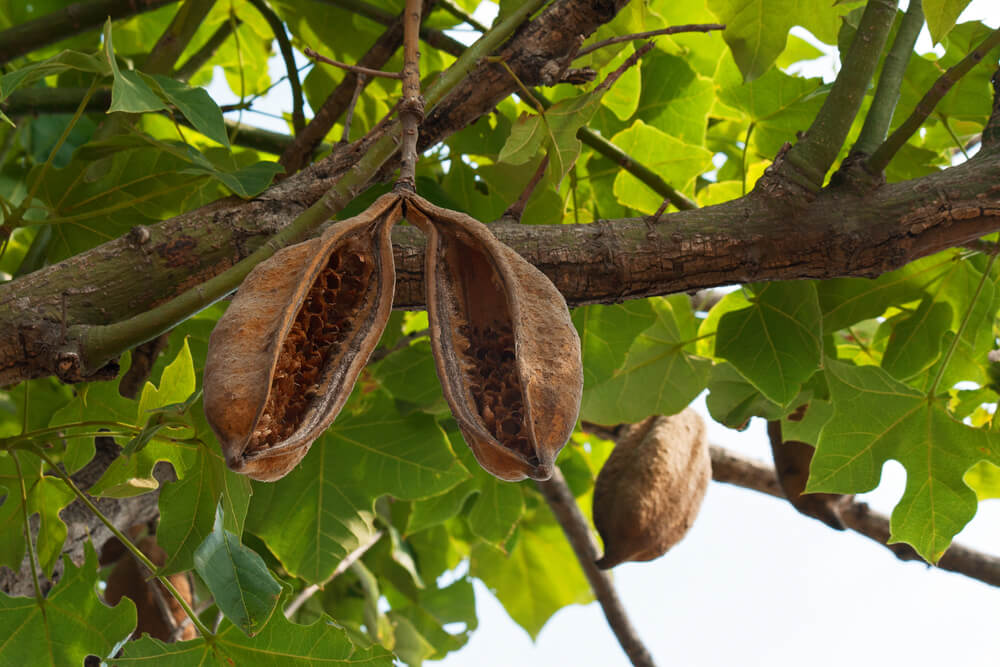
Collecting seeds from the plants that you have grown yourself is very rewarding. Not only is it very rewarding but it is extremely efficient as the successful growth of your plants provides the seeds for another hopefully successful bunch to grow.
Collecting the seeds allows you to self harvest which provides the opportunity for you to preserve the beautiful flowers that you have been looking after all throughout the spring/summer months to plant again next year.
10 – Mow Your Lawn Regularly
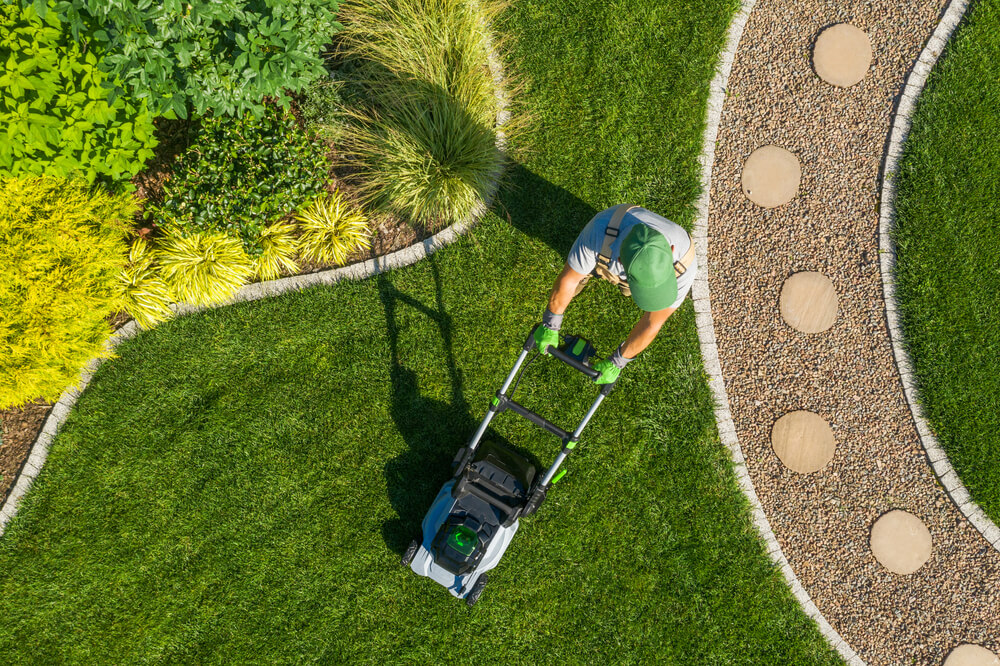
Keeping on top of your lawn in the summer hotter months is vital. It is arguably the focal point of your garden so keeping it healthy should be of utmost importance to you. In warm weather, you should be looking to mow your lawn around every 4 – 5 days.
However, one very important thing to note is that cutting your lawn too short can be catastrophic and can severely damage the grass. Cutting your lawn too short will damage the grass leaf. Grass leaf is what helps provide food for the lawn. This means when the grass leaf is damaged it cannot produce enough food for the lawn and to allow it to stay looking healthy. The worst-case could even end up in the death of your lawn.





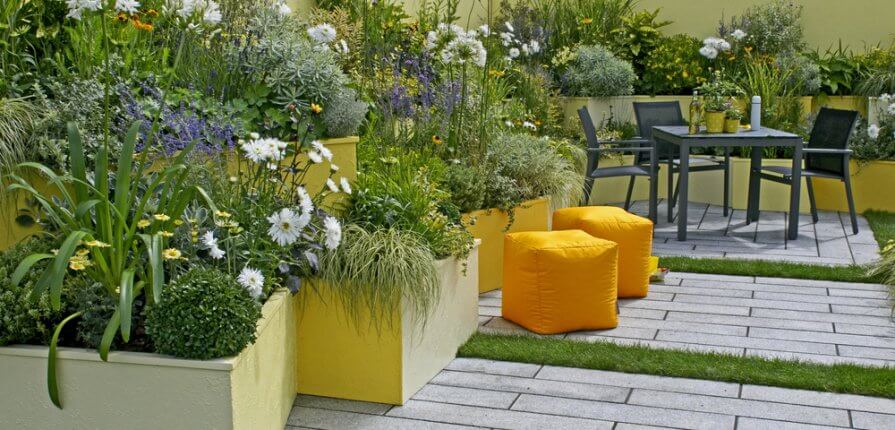



Recent Comments